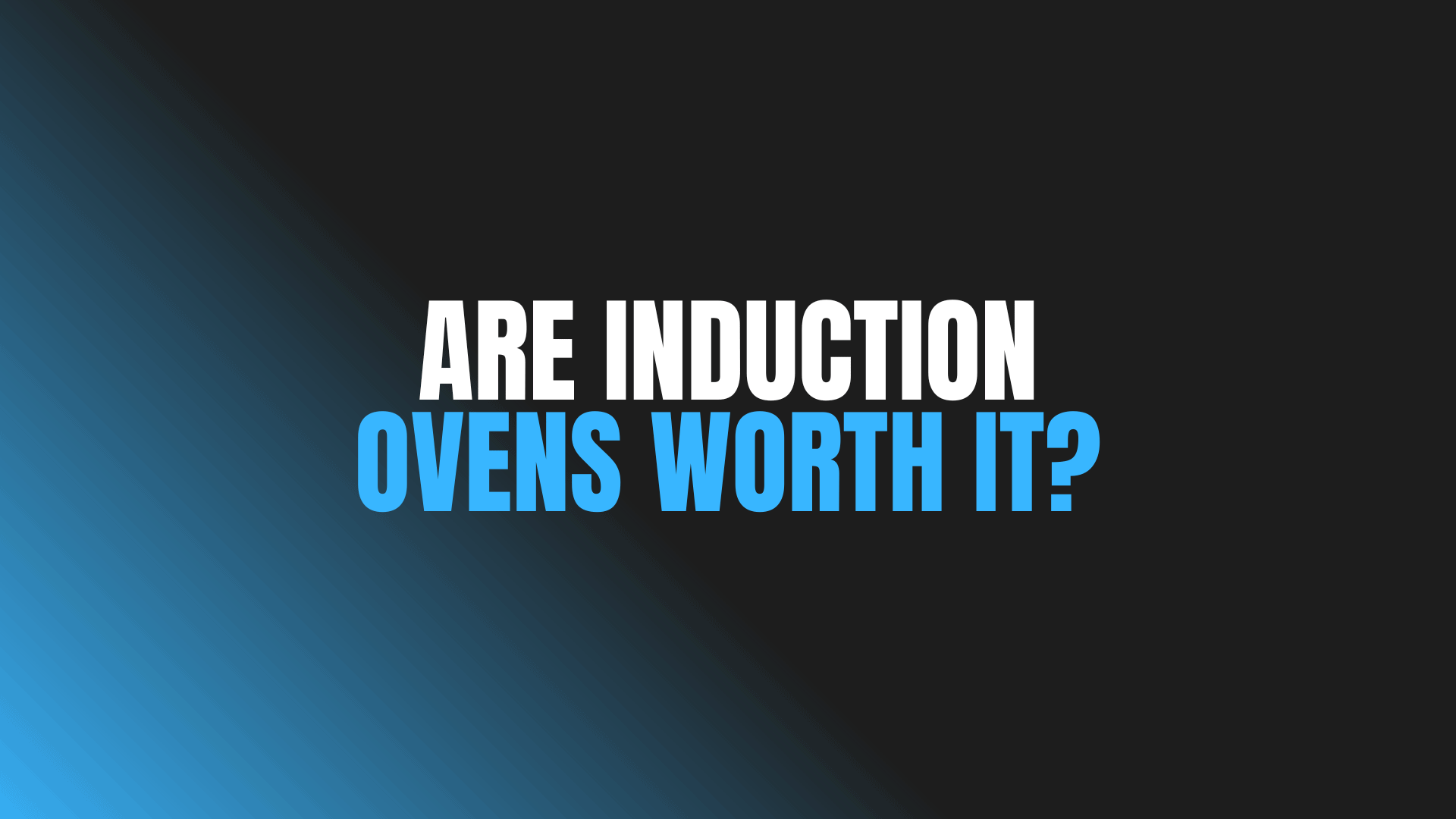
Question: Are Induction Ovens Worth It?
Answer: Yes, induction ovens are worth it. They offer precise temperature control, faster heating, and improved energy efficiency. However, they can be expensive and may require specific cookware.
Induction Cooking: A Modern Approach
Are induction ovens worth it? Many homeowners face this question when upgrading or designing their kitchens. Induction cooking offers a compelling blend of speed, precision, and safety. It differs significantly from traditional gas or electric cooktops. This article explores the advantages and disadvantages of induction ovens, helping you decide if this technology suits your needs. We’ll examine key factors like cost, performance, and safety, presenting clear, concise information to guide your decision.
We will break down the features, benefits, and potential drawbacks of induction cooking, empowering you to make an informed choice. This technology represents a significant shift from conventional cooking methods. Understanding its nuances is crucial before investing. This guide provides the clarity you need to evaluate if induction aligns with your cooking style and kitchen requirements.
How Induction Ovens Work
Induction ovens use electromagnetism to heat cookware directly. A copper coil beneath the cooktop surface generates a magnetic field. When you place a ferromagnetic pot or pan on the surface, the magnetic field induces an electric current within the cookware. This current generates heat, cooking the food efficiently.
The cooktop surface itself remains relatively cool. Heat transfers directly to the pot or pan, minimizing wasted energy. This direct heating method results in faster cooking times and precise temperature control. Induction cooking responds quickly to temperature adjustments, similar to gas cooktops, but with greater precision.
This precise control allows for delicate simmering and rapid boiling, enhancing cooking versatility. The absence of an open flame also improves kitchen safety, reducing the risk of burns. This feature makes induction particularly attractive for households with children.
Click here for more information on cabinet refacers Toronto
Related Article: Can I Use Le Creuset on Induction?
Related Article: Why Isn’t Induction Cooking More Popular?
Induction Oven Disadvantages
Despite the benefits, induction cooking has drawbacks. The initial cost of induction cooktops is generally higher than gas or electric alternatives. This investment can deter some potential buyers.
Induction cooking requires specific cookware. Pots and pans must be made of ferromagnetic materials like cast iron or magnetic stainless steel. You may need to replace existing cookware, adding to the initial expense.
Some users experience a learning curve with induction cooking. The precise temperature control and rapid heating require some adjustment. Cooks must adapt their techniques to fully utilize the technology’s capabilities.
While the cooktop surface remains cool, the cookware itself gets hot. Caution is still necessary to avoid burns. Users must exercise care when handling hot pots and pans.
Cost Considerations
The cost of an induction oven is a key factor for many consumers. Induction ovens typically cost more upfront than comparable electric or gas ranges. Prices vary depending on features, brand, and size.
However, the long-term operating costs can be lower. Induction cooking is more energy-efficient, reducing electricity bills. The faster cooking times also contribute to energy savings. This can offset the higher initial cost over time.
The need for compatible cookware may add to the expense. If your current cookware isn’t induction-compatible, you’ll need to purchase new pots and pans. Factor this cost into your budget when considering an induction oven.
Conclusion – Are Induction Ovens Worth It?
The decision of whether an induction oven is worth it depends on your individual circumstances. If you prioritize speed, precision, and safety in cooking, induction may be an excellent choice. The benefits of faster cooking, precise temperature control, and improved safety often outweigh the higher initial cost for many people.
Consider your cooking style and habits. If you frequently cook delicate sauces or require quick heating, induction’s benefits will be particularly valuable. If you are on a tight budget, the higher upfront cost may be a deterrent. Assess your needs and priorities carefully.
Also, consider the long-term value. The energy efficiency of induction cooking can lead to lower operating costs over time. The increased speed and precise control can also enhance your cooking experience. These factors contribute to the overall value of an induction oven.
Ultimately, the decision comes down to balancing your budget, cooking needs, and preferences. Carefully weigh the advantages and disadvantages to determine if an induction oven aligns with your lifestyle and kitchen requirements. Researching different models and brands can help you find the best fit within your price range.

Blue Malue Get in touch with Blue here.
